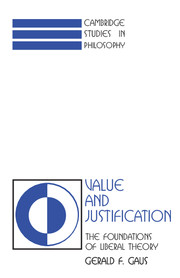Summary
In the previous chapter, I defended an “affective-cognitive” theory of emotion. As I warned at the outset of the chapter, a number of difficult issues in the theory of emotion were dealt with. But my investigations have pointed the way toward a more adequate account of emotional life than the hitherto dominant cognitivist approach. I shall not seek to summarize all my conclusions; nevertheless, three claims stand out. Firstly, I argued that emotions are based upon “feelings” or, as I have said, “affects.” Moreover, I have maintained that these affects constitute evaluative responses to objects. Secondly, I indicated that, though internal sensation theories are right to focus on such “feelings” as central to emotional experience, they are wrong to identify these with emotional states. For emotional states have contents – often propositional – and they are founded on beliefs. And this gives rise to the third claim: because emotions have cognitive as well as affective elements, we can describe appropriateness conditions for the various emotions. And this means emotional states can be rationally criticized in different ways.
I now turn to relating this understanding of emotional life to valuing, in the sense of “caring for,” “prizing” or “cherishing” something. The aim of this chapter, then, is explicating the sort of attitude or stance toward an object or person that can be described as valuing it. One of the basic claims of the Affective-Cognitive Theory of value is that this activity of valuing is conceptually prior to ascriptions of valuableness or talk of abstract values.
- Type
- Chapter
- Information
- Value and JustificationThe Foundations of Liberal Theory, pp. 80 - 144Publisher: Cambridge University PressPrint publication year: 1990

